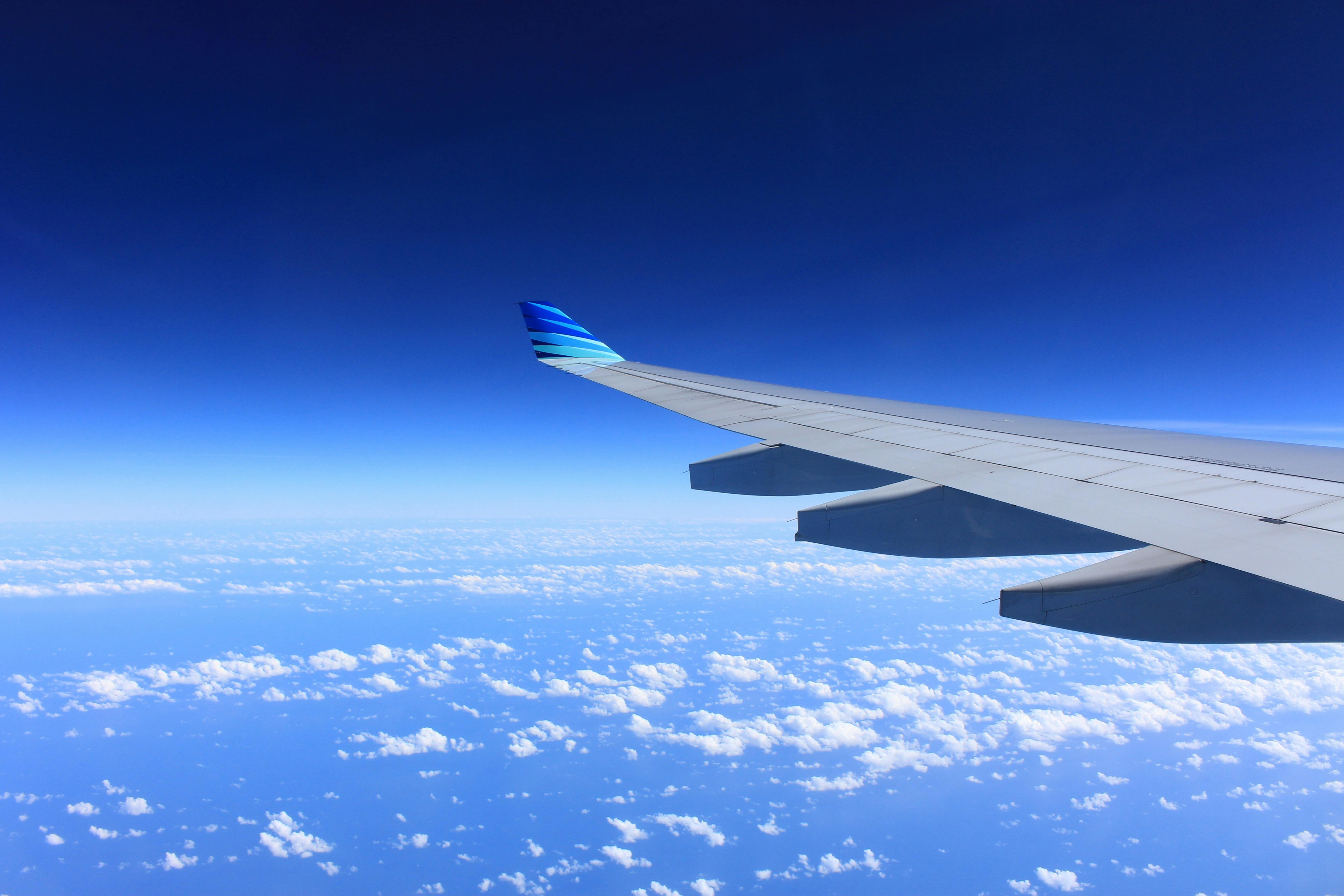Aviation insurance provides specialized coverage for aircraft owners, pilots, and aviation-related businesses. The unique risks associated with aviation require specialized insurance coverage that addresses both the high costs of aircraft and the potential liability exposures from aviation activities.
Aircraft hull insurance protects the physical aircraft from damage caused by accidents, weather, theft, vandalism, and other covered perils. Given the high value of most aircraft, hull coverage is essential for protecting this substantial investment from various risks.
Aviation liability insurance protects against claims for bodily injury and property damage caused by aircraft operations. Aviation accidents can result in catastrophic losses with potentially unlimited liability exposure, making adequate liability coverage crucial for all aviation activities.
Passenger liability coverage protects against claims from passengers who are injured during flight operations. This coverage is essential for aircraft that carry passengers, whether for commercial operations or private transportation of family and friends.
Ground risk hull coverage protects aircraft while they're on the ground, including damage from hangar collapse, ground handling incidents, theft, and vandalism. Aircraft face various risks even when not flying, making ground coverage an important component of aviation insurance.
In-flight coverage extends protection to aircraft during all phases of flight operations. This coverage is typically more expensive than ground coverage due to the increased risks associated with flight operations, but it's essential for aircraft that are actually flown.
Commercial aviation insurance covers businesses involved in aviation activities, including charter operations, flight training, aircraft maintenance, and cargo transportation. These businesses face unique risks that require specialized coverage not available in standard commercial policies.
Airport liability insurance protects airport operators from claims related to airport operations, including aircraft accidents, premises liability, and products liability for fuel and other services provided to aircraft operators.
Pilot coverage protects individual pilots from liability claims arising from their operation of aircraft. This coverage can be particularly important for pilots who fly aircraft they don't own or who provide pilot services to others.
Aircraft rental insurance provides coverage for businesses that rent aircraft to pilots and for pilots who rent aircraft. This coverage addresses the unique risks associated with aircraft rental operations and may include both hull and liability coverage.
Experimental aircraft insurance covers homebuilt and experimental aircraft that don't qualify for standard aviation insurance. These aircraft often have unique risks and limited parts availability, requiring specialized coverage and underwriting.
Helicopter insurance addresses the unique risks associated with rotorcraft operations. Helicopters face different risks than fixed-wing aircraft and may require specialized coverage for activities like emergency medical services, utility work, or aerial photography.
International coverage is important for aircraft that fly outside the United States. Aviation insurance policies may have geographic limitations, and international operations may require additional coverage or policy endorsements to ensure adequate protection.
Underwriting for aviation insurance considers factors like pilot experience, aircraft type and age, intended use, geographic operations, and safety record. More experienced pilots and safer operations typically qualify for better coverage terms and lower premiums.
Training and currency requirements may be imposed by aviation insurance policies to ensure pilots maintain proficiency and safety standards. Regular training and recent flight experience can affect coverage availability and premium costs.
Claims handling in aviation insurance requires specialized expertise due to the technical nature of aircraft and the complex regulatory environment surrounding aviation. Choose insurers with aviation expertise and good reputations for handling aviation claims.
Aviation insurance represents a crucial component of risk management for anyone involved in aviation activities. The unique risks and high potential losses associated with aviation make specialized insurance coverage essential for protecting aircraft investments and managing liability exposures.
